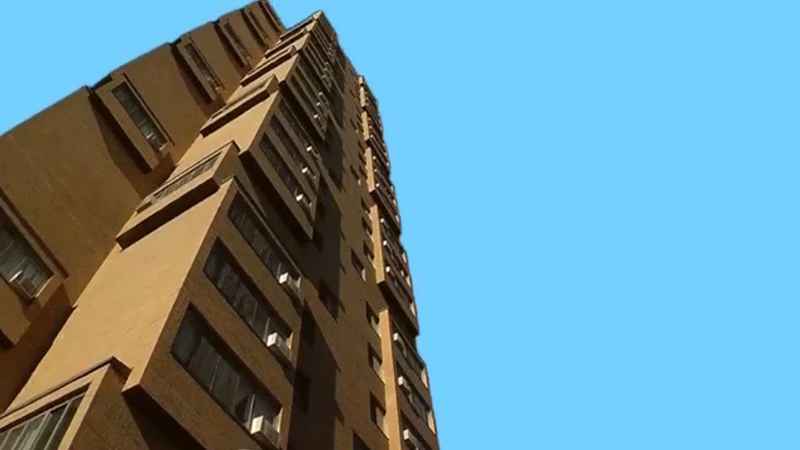Momentum builds for fire sprinkler retrofits in Minnesota high-rises
[anvplayer video=”5017173″ station=”998122″]
Changes that advocates say will save lives are coming to hundreds of public housing apartment units in Minneapolis after the city council approved funding that will help retrofit some of the city’s oldest public housing structures with fire sprinkler systems.
A year and a half ago, Abdi Mohamed became a fierce advocate to fix a problem he never knew existed.
Mohamed’s mother, Nadifa Mahamod, and four others died when a fire broke out on the 14th floor of their Minneapolis apartment complex on Nov. 27, 2019. The 25-story-tall public housing high-rise in the Cedar-Riverside neighborhood was built in the 1970s and is not required to have fire sprinklers installed in the 191 units.
"When a tragedy happens, that’s when people open their eyes and try to help," Mohamed said.
In the weeks after the fire, community members demanded changes that would make high-rise buildings safer, including retrofitting more than two dozen public housing complexes in Minneapolis.

[KSTP]
But last fall, 5 INVESTIGATES reported the Minneapolis Public Housing Authority approved a plan to install fire sprinklers in six of its properties in 2021. It did not include 630 Cedar Avenue, where the deadly fire broke out.
‘Still Unprotected’: 1 year after deadly fire, public housing high-rises are without fire sprinklers
In December, the agency’s board of directors approved a capital spending plan that allocates funding for retrofits to 11 high-rise buildings, including 630 Cedar Avenue. In an emailed statement, a spokesperson for MPHA said the agency is "committed to finding a way to install sprinklers in every high-rise unit within five years."
On Friday, the Minneapolis City Council chipped in $1 million in grant money to jumpstart work on four of those public housing complexes, including 630 Cedar Avenue.
"It is good news from the city," Mohamed said. "Without this tragedy, I don’t think anybody would have realized what had happened."
Calls to action have grown louder in the months since. After families and community members lobbied for changes to state law and pushed for increased funding that would pay for renovations to existing buildings, state and local leaders took significant steps this week toward that goal.
On Monday, the Minnesota House voted 103-30 to approve a change to state statute that would require fire sprinklers in residential buildings 75 feet and taller. Rep. Mohamud Noor, DFL-Minneapolis, the bill’s sponsor, urged colleagues to do what was first attempted in the 1990s and close the oversight in the law.
House passes bill requiring sprinklers in high-rises by 2033
"Minnesotans deserve to feel secure in their homes," Noor said on the house floor. "We can help ensure they do by preparing to avoid this tragic incident that could have done many years ago."
The bill goes to the Senate, where lawmakers are expected to debate how much funding to allocate to the project.
Funding sources continue to be a challenge, a spokesperson for MPHA said.
"Given the steep underfunding of public housing capital needs by Congress, any additional contributions from the city, state, or federal government will help speed us even faster toward that goal," a statement from the agency said.
As state and city leaders work to solve that problem, Mohamed and others continue to demand accountability for what happened that night in 2019. In January, the five families who lost loved ones in the fire filed a wrongful death lawsuit against MPHA. They accuse the agency of failing to maintain the property up to codes, according to the complaint.
MPHA declined to comment due to the pending litigation.
Still, Mohamed feels things are "moving in the right direction" and is hopeful that his late-mother would be relieved to see the progress.
"She was very helpful and she had a big heart," he said. "She would be very happy."